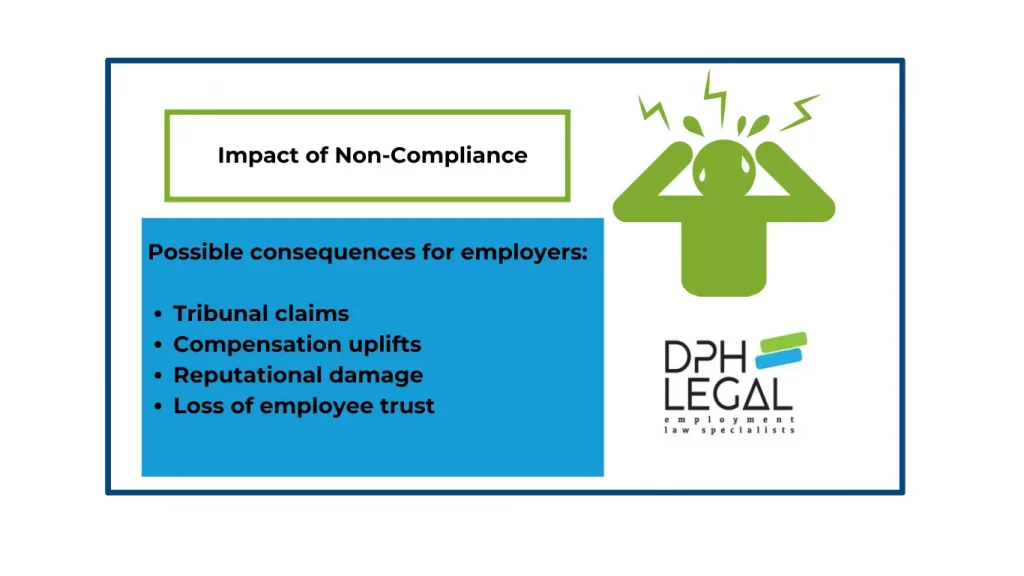

What Is the Right to Disconnect?
The right to disconnect allows workers to ignore work-related communication outside of their contracted hours. This includes ignoring emails, calls or messages without fear of consequences. It aims to protect employees’ work-life balance, especially as remote work has blurred professional and personal boundaries. This addresses burnout and improves employee wellbeing by formalising this right.
Since coming into power, the Labour government reiterated its commitment to introducing a “right to disconnect” for workers.
Why Is the Right to Disconnect Important?
Since the coronavirus pandemic, flexible working has become normalised across many industries. Although some organisations have recently tried to bring workers back to the office, many remote workers remain. It is much more accepted after the pandemic. For remote workers, the blurred lines between work and home life mean it can be hard to switch off, leading to higher rates of burnout.
The UK Government’s Plans for the Right to Disconnect
The UK Labour government has pledged to introduce the right to disconnect to improve work-life balance and enhance economic productivity. While specifics are still unclear, the policy may take the form of a code of practice.
Under this approach, employers would need to revise internal policies to include a right-to-disconnect clause. Tribunals would consider non-compliance as a factor when deciding other claims, potentially leading to higher compensation. However, employees won’t be able to bring standalone claims solely for a breach of this right.
What Employers Must Do to Prepare for the Right to Disconnect
If the right to disconnect is introduced, employers should:
- Update internal policies to include a right-to-disconnect clause.
- Train managers to respect employee boundaries and avoid unnecessary communication outside working hours.
- Identify scenarios where contact is essential, such as emergencies
- Create clear guidelines to address those situations without violating the policy.
Ignoring these steps could lead to reputational damage, tribunal claims and reduced employee trust.
How Other Countries Handle the Right to Disconnect
Other countries including Ireland and Belgium have already introduced this right. The Government will likely be looking at Ireland and Belgium as examples of how this could be implemented. Before any such code is finalised, there will likely be a period of consultation to understand how this can impact various businesses.
Due to the nature of various businesses, employers may need to contact staff in case of emergencies, so these businesses should ensure they can do so without violating their employees’ right to disconnect.
What’s Next for the Right to Disconnect in the UK?
Although the Government was due to outline the specifics in its Employment Rights Bill, we should soon learn more about the specifics of the right to disconnect and how it will be implemented in practice.

How DPH Legal can Help with The Right to Disconnect Law UK
Protect your business and stay ahead of upcoming changes to UK employment law. If you’re unsure how the right to disconnect could impact your workplace, we can help. Whether you need guidance or assistance updating your policies, we’re here to assist.
Contact DPH Legal’s employment lawyers for expert advice and practical solutions to ensure compliance and safeguard your business.
